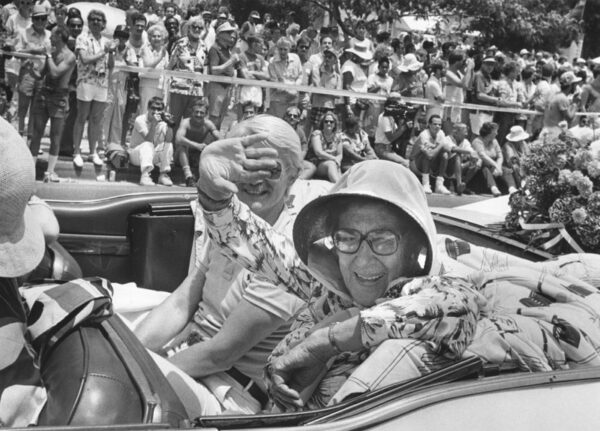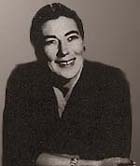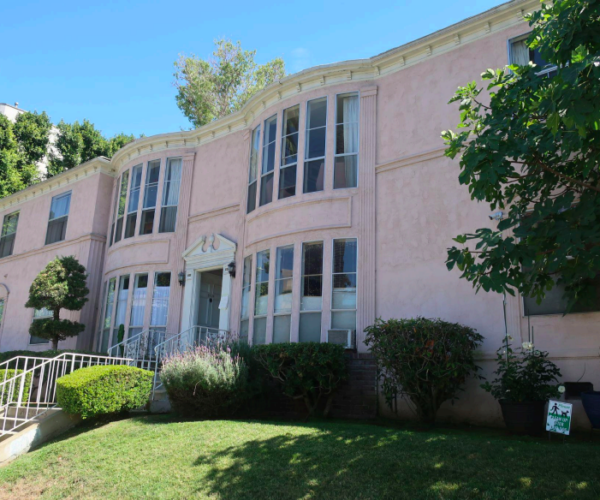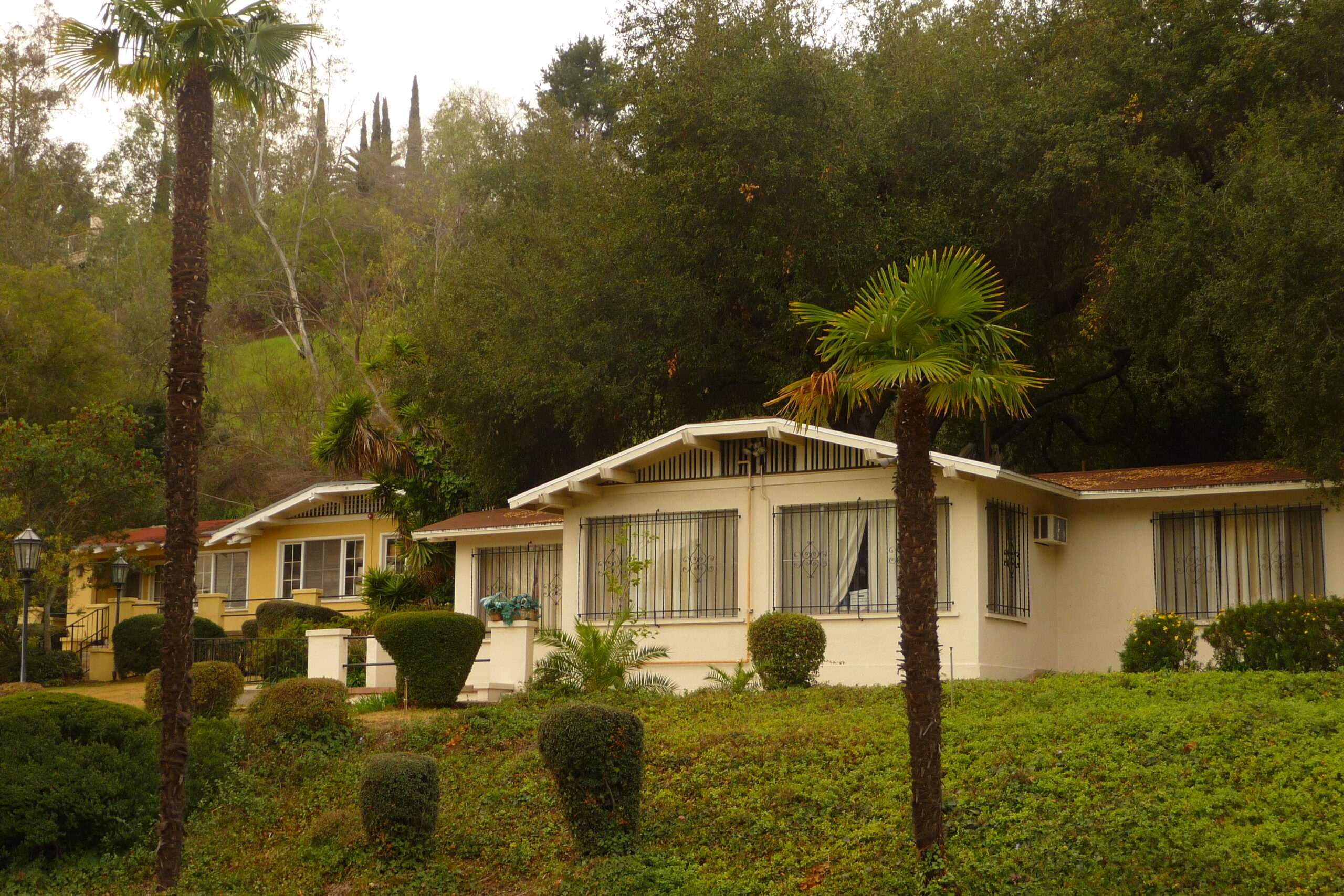
Place
Evelyn Hooker Residence
Dr. Hooker's groundbreaking psychological studies of gay men helped change the commonly held belief that homosexuality was a mental illness.
Place Details
Address
Get directions
Style
Decade
Property Type
Community
The Colonial Revival-style residence at 400 South Saltair Avenue was home for a number of years to pioneering psychologist Dr. Evelyn Hooker. Though little is known about her home, her research on the psychology of gay men played a key role in changing public perceptions of homosexuality.
Nebraska-born Evelyn Hooker (1907-1996) first moved to California in the fall of 1934 to teach in the psychology departments of Whittier College and the University of Californa, Los Angeles (UCLA).
Throughout the 1950s and 1960s, Dr. Hooker supported local homophile organizations, including the Mattachine Society. Her passion for social justice arose after witnessing the effects of Nazism in Berlin during the late 1930s, while she was in the country completing a fellowship.
In 1953, Dr. Hooker received a six-month grant from the National Institutes of Health (NIH) to conduct a study on levels of adjustment between heterosexual and homosexual men. In her groundbreaking work, "The Adjustment of the Male Overt Homosexual," Dr. Hooker found no difference in adjustment levels between heterosexual and homosexual men.
These results were groundbreaking. They invalidated the popular sentiment that homosexuality was a form of severe mental and emotional illness that stemmed from maladjustment (the inability to cope with changes in life, such as transitioning from one phase of life to the next or facing other obstacles).
The findings of Dr. Hooker's research also suggested that non-hetersoexual men were actually more likely to be better adjusted then their heterosexual counterparts by virtue of their involvement in homophile organizations such as the Mattachine Society, Knights of the Clock, and advocacy groups such as the Gay Liberation Front.
Numerous organizations involved in the LGBTQ civil rights movement used this research to further their cause.




